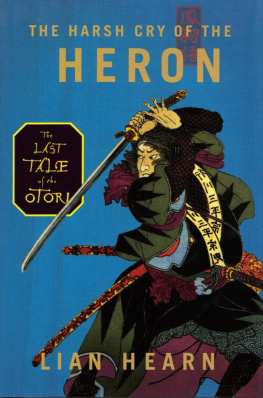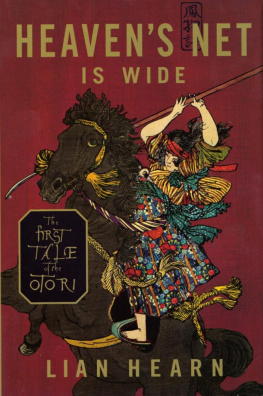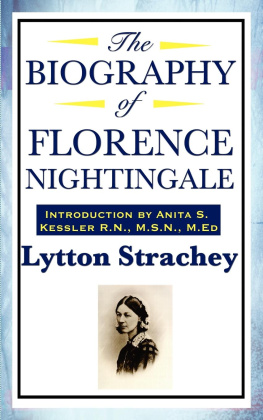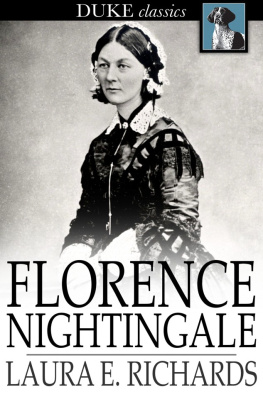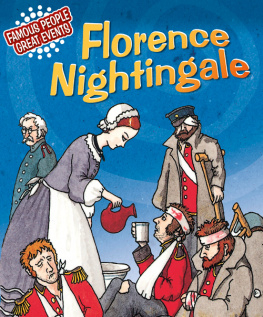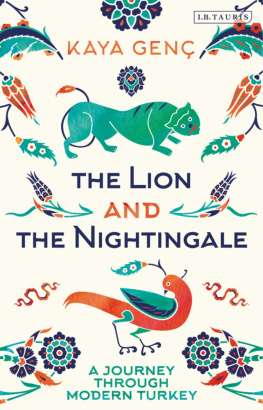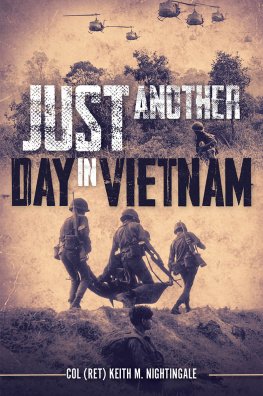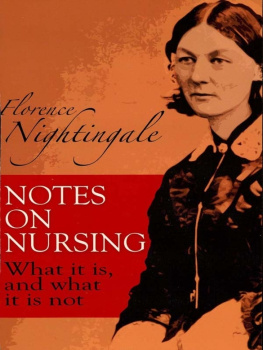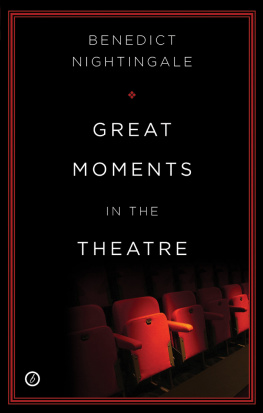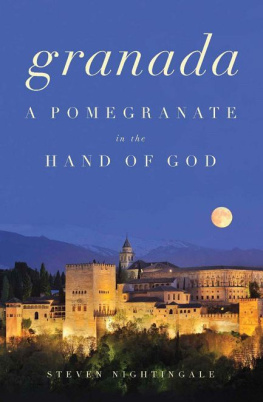AUTHOR'S NOTE
The three books that make up the Tales of the Otori are set in an imaginary country in a feudal period. Neither the setting nor the period is intended to correspond to any true historical era, though echoes of many Japanese customs and traditions will be found, and the landscape and seasons are those of Japan. Nightingale floors (uguisubari) are real inventions and were constructed around many residences and temples; the most famous examples can be seen in Kyoto at Nijo Castle and Chion'In. I have used Japanese names for places, but these have little connection with real places, apart from Hagi and Matsue, which are more or less in their true geographical positions. As for characters, they are all invented, apart from the artist Sesshu, who seemed impossible to replicate.
I hope I will be forgiven by purists for the liberties I have taken. My only excuse is that this is a work of the imagination.
The deer that weds
The autumn bush clover
They say
Sires a single fawn
And this fawn of mine
This lone boy
Sets off on a journey
Grass for his pillow
MANYOSHU VOL. 9, NO. 1,790
Chapter 1
My mother used to threaten to tear me into eight pieces if I knocked over the water bucket, or pretended not to hear her calling me to come home as the dusk thickened and the cicadas' shrilling increased. I would hear her voice, rough and fierce, echoing through the lonely valley. "Where's that wretched boy? I'll tear him apart when he gets back."
But when I did get back, muddy from sliding down the hillside, bruised from fighting, once bleeding great spouts of blood from a stone wound to the head (I still have the scar, like a silvered thumbnail), there would be the fire, and the smell of soup, and my mother's arms not tearing me apart but trying to hold me, clean my face, or straighten my hair, while I twisted like a lizard to get away from her. She was strong from endless hard work, and not old: She'd given birth to me before she was seventeen, and when she held me I could see we had the same skin, although in other ways we were not much alike, she having broad, placid features, while mine, I'd been told (for we had no mirrors in the remote mountain village of Mino), were finer, like a hawk's. The wrestling usually ended with her winning, her prize being the hug I could not escape from. And her voice would whisper in my ears the words of blessing of the Hidden, while my stepfather grumbled mildly that she spoiled me, and the little girls, my half-sisters, jumped around us for their share of the hug and the blessing.
So I thought it was a manner of speaking. Mino was a peaceful place, too isolated to be touched by the savage battles of the clans. I had never imagined men and women could actually be torn into eight pieces, their strong, honey-colored limbs wrenched from their sockets and thrown down to the waiting dogs. Raised among the Hidden, with all their gentleness, I did not know men did such things to each other.
I turned fifteen and my mother began to lose our wrestling matches. I grew six inches in a year, and by the time I was sixteen I was taller than my stepfather. He grumbled more often, that I should settle down, stop roaming the mountain like a wild monkey, marry into one of the village families. I did not mind the idea of marriage to one of the girls I'd grown up with, and that summer I worked harder alongside him, ready to take my place among the men of the village. But every now and then I could not resist the lure of the mountain, and at the end of the day I slipped away, through the bamboo grove with its tall, smooth trunks and green slanting light, up the rocky path past the shrine of the mountain god, where the villagers left offerings of millet and oranges, into the forest of birch and cedar, where the cuckoo and the nightingale called enticingly, where I watched foxes and deer and heard the melancholy cry of kites overhead.
That evening I'd been right over the mountain to a place where the best mushrooms grew. I had a cloth full of them, the little white ones like threads, and the dark orange ones like fans. I was thinking how pleased my mother would be, and how the mushrooms would still my stepfather's scolding. I could already taste them on my tongue. As I ran through the bamboo and out into the rice fields where the red autumn lilies were already in flower, I thought I could smell cooking on the wind.
The village dogs were barking, as they often did at the end of the day. The smell grew stronger and turned acrid. I was not frightened, not then, but some premonition made my heart start to beat more quickly. There was a fire ahead of me.
Fires often broke out in the village: Almost everything we owned was made of wood or straw. But I could hear no shouting, no sounds of the buckets being passed from hand to hand, none of the usual cries and curses. The cicadas shrilled as loudly as ever; frogs were calling from the paddies. In the distance thunder echoed round the mountains. The air was heavy and humid.
I was sweating, but the sweat was turning cold on my forehead. I jumped across the ditch of the last terraced field and looked down to where my home had always been. The house was gone.
I went closer. Flames still crept and licked at the blackened beams. There was no sign of my mother or my sisters. I tried to call out, but my tongue had suddenly become too big for my mouth, and the smoke was choking me and making my eyes stream. The whole village was on fire, but where was everyone?
Then the screaming began.
It came from the direction of the shrine, around which most of the houses clustered. It was like the sound of a dog howling in pain, except the dog could speak human words, scream them in agony. I thought I recognized the prayers of the Hidden, and all the hair stood up on my neck and arms. Slipping like a ghost between the burning houses, I went towards the sound.
The village was deserted. I could not imagine where everyone had gone. I told myself they had run away: My mother had taken my sisters to the safety of the forest. I would go and find them just as soon as I had found out who was screaming. But as I stepped out of the alley into the main street I saw two men lying on the ground. A soft evening rain was beginning to fall and they looked surprised, as though they had no idea why they were lying there in the rain. They would never get up again, and it did not matter that their clothes were getting wet.
One of them was my stepfather.
At that moment the world changed for me. A kind of fog rose before my eyes, and when it cleared nothing seemed real. I felt I had crossed over to the other world, the one that lies alongside our own, that we visit in dreams. My stepfather was wearing his best clothes. The indigo cloth was dark with rain and blood. I was sorry they were spoiled: He had been so proud of them.
I stepped past the bodies, through the gates and into the shrine. The rain was cool on my face. The screaming stopped abruptly.
Inside the grounds were men I did not know. They looked as if they were carrying out some ritual for a festival. They had cloths tied round their heads; they had taken off their jackets and their arms gleamed with sweat and rain. They were panting and grunting, grinning with white teeth, as though killing were as hard work as bringing in the rice harvest.
Water trickled from the cistern where you washed your hands and mouth to purify yourself on entering the shrine. Earlier, when the world was normal, someone must have lit incense in the great cauldron. The last of it drifted across the courtyard, masking the bitter smell of blood and death.
The man who had been torn apart lay on the wet stones. I could just make out the features on the severed head. It was Isao, the leader of the Hidden. His mouth was still open, frozen in a last contortion of pain.


